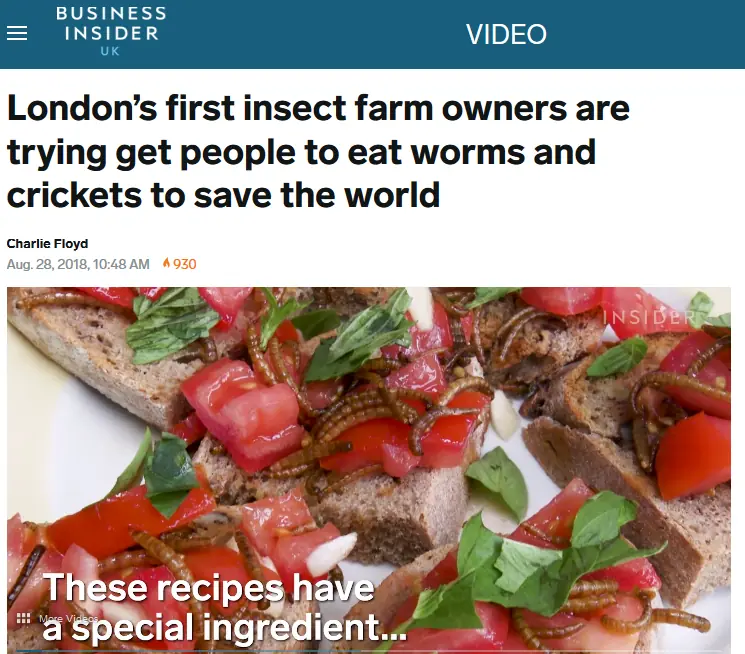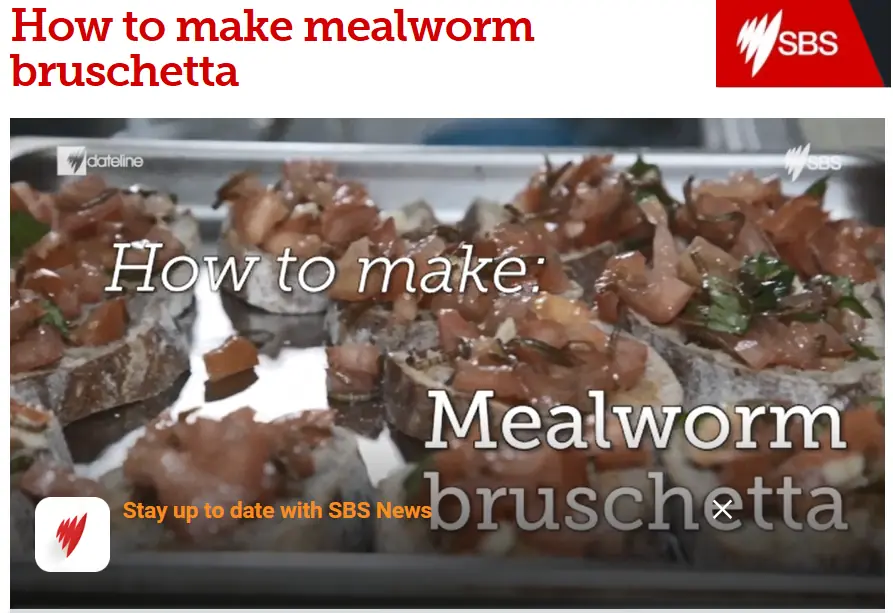London’s First Insect Farm: A Small-Scale Revolution with Big Potential
In a modest 30 m² space in West London, a quiet revolution is underway—one that started as a school project and has since grown into something distinctly sustainable. Horizon Insects, the UK’s first edible insect farm, is quietly demonstrating that worms and crickets might just be the unlikely heroes in the fight against climate change. Business Insider
From Duke of Edinburgh Project to Family Venture
What began as a Duke of Edinburgh Award project by teen Laurence Mohan eventually evolved into a full-fledged family business. Over time, his mother joined the venture, helping Horizon grow beyond a school assignment.
A Lean, Green Protein Machine
Within just eight weeks, Horizon’s micro-farm produces around 50 kilograms of edible insects. Mealworms, the star of the show, require just 10% of the land used for beef production, generate far less CO₂, need no added water, and are fed on food waste from local businesses.
Nutritional Power & Culinary Versatility
Mealworms—larvae of the Tenebrio molitor beetle—are packed with protein and omega-3 and can be used ground into flour or served whole as a meat substitute. Horizon also raises kingworms and crickets, though they require more space.
Why It Matters Now
Beyond just novelty, edible insect farming stands out for its sustainability credentials:
-
Environmental impact: Compared to traditional livestock, insect farming uses far less land, emits fewer greenhouse gases, and requires minimal resources
-
Nutritional benefits: Insects offer complete protein, essential micronutrients, and healthy fats.
-
Food security: As the global population grows, insect farming presents a viable, scalable protein source.
-
Regulatory landscape: In the UK, edible insects face stringent biology regulations post-Brexit. Many products must undergo novel food authorization with the Food Standards Agency—a hurdle Horizon navigated eyarly on.
Looking Forward
Though still niche, Horizon’s work foreshadows a wave of insect-based innovation in the UK. From cookery classes to DIY farming kits, they’re pioneering ways for everyday people to embrace entomophagy.
The Takeaway
Horizon Insects may operate in just 30 square meters, but it’s cultivating more than mealworms—it’s growing hope for a future where sustainable, nutrient-rich food isn’t extraordinary, but ordinary.
London’s first insect farm owners are trying get people to eat worms and crickets to save the world


